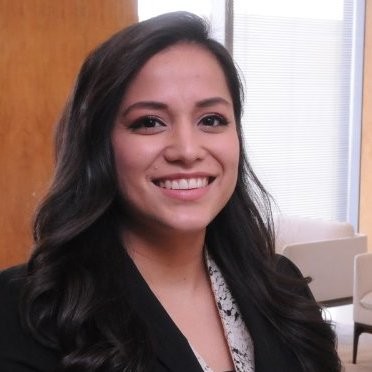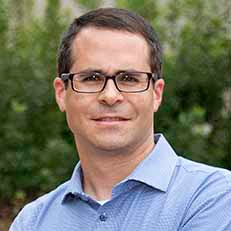
Our guest this episode is Erandi Trevino of Public Citizen, Houston. Erandi grew up in Houston and has been concerned about the pollution in her neighborhood since she was a young child.
Before joining Public Citizen in Houston as a Climate Policy and Outreach Specialist, she was an Advocacy Fellow with the Fulbright Association in Washington, DC, where she worked on education policy, nutrition, and financial regulations. During her time in DC, Erandi also volunteered for the Congressional Hispanic Caucus Institute. Earlier in her career, Erandi assisted the Permanent Representative of Mexico to the United Nations in New York. She has a law degree from Fordham University and degrees in International Relations and Latin American studies from Seton Hall University. Following her graduation there, she received a Fulbright Grant to teach English in Belo Horizonte, Brazil where she became fluent in Portuguese. In this episode we discuss the following topics:
Center for Houston's Future Houston Healthy Port Communities Coalition Environmental Defense Fund - Better Hubs - Expring Decarbonizing Industry Greater Houston Port Bureau's Project 11 On Breath Partnership's "What is Port Houston's Project 11?" Erandi's Contact Information Support the show 
Our guest, Dr. David Konisky is a Lynton K. Caldwell Professor with the Paul H. O’Neill School of Public and Environmental Affairs at Indiana University, whose research focuses on U.S. environmental policy and politics, with particular emphasis on environmental and energy justice, regulation, federalism, and public opinion.
David came to our attention through a PBS interview in which he described Indiana industries reducing their greenhouse gas emissions by an impressive 27% over the last decade, largely without a state organized campaign or incentives. He has authored or edited six books on environmental politics and policy, including Fifty Years at the U.S. Environmental Protection Agency: Progress, Retrenchment and Opportunities (Rowman & Littlefield, 2020, with Jim Barnes and John D. Graham), Failed Promises: Evaluating the Federal Government's Response to Environmental Justice (MIT Press, 2015), and Cheap and Clean: How Americans Think about Energy in the Age of Global Warming (MIT Press, 2014, with Steve Ansolabehere). He has been the co-editor of the journal Environmental Politics since the beginning of 2021. Konisky’s research has been funded by the National Science Foundation, the Alfred P. Sloan Foundation, the U.S. Department of Energy, and the Russell Sage Foundation. Konisky earned his Ph.D. in political science from MIT. He also holds two master’s degrees from Yale University: one in environmental management and one in international relations. At the undergraduate level, he studied history and environmental studies at Washington University in St. Louis. Topics we discuss include:
|
AuthorsDina Rasor Archives
June 2024
Categories |
© 2021 Climate Money Watchdog Inc., a Project of the Media Alliance, a tax-exempt 501(c)(3) Charitable Organization
 RSS Feed
RSS Feed